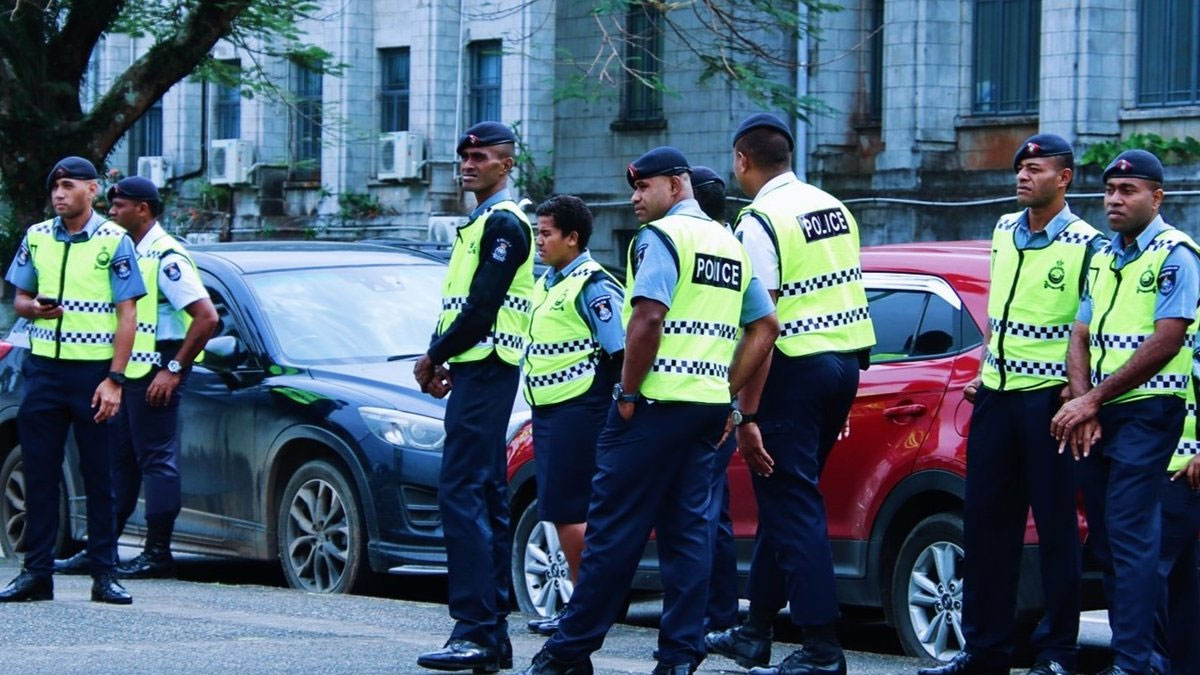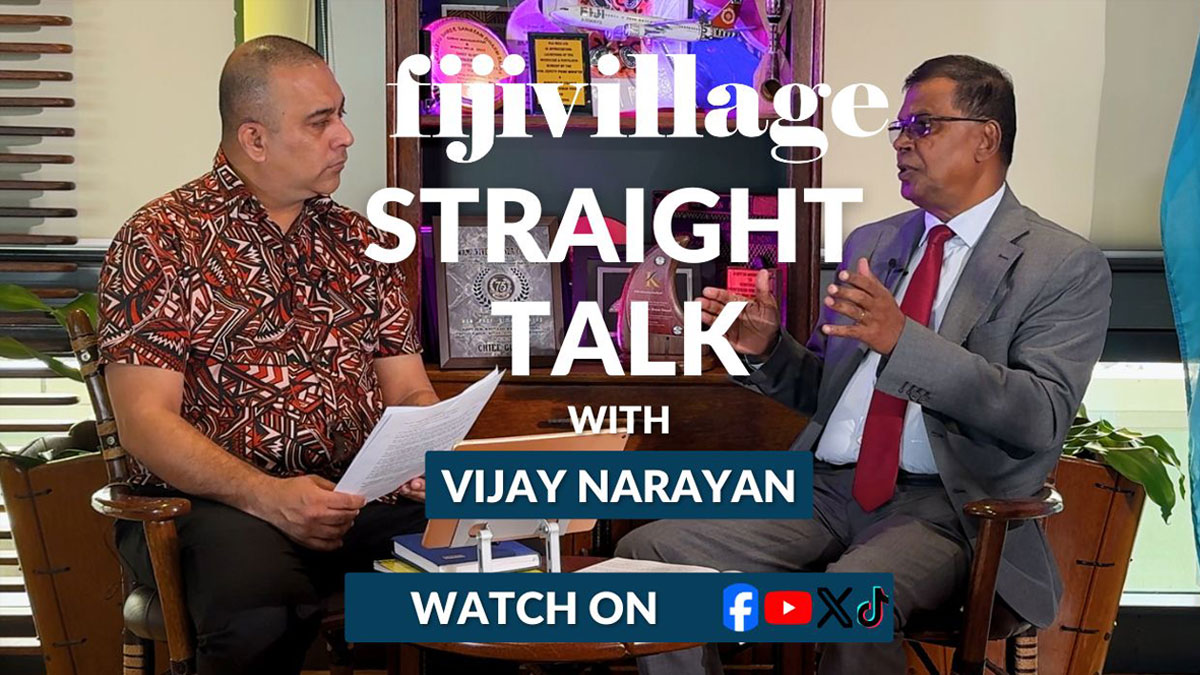
The state of civic space in Fiji is rated as ‘obstructed’ by the CIVICUS Monitor.
CIVICUS which is a global alliance of civil society organisations and activists dedicated to strengthening citizen action and civil society throughout the world released its findings and assessment of the state of civic space in Fiji.
It says while the government in 2023 took steps to repeal the restrictive media law and reversed travel bans on critics, the Public Order (Amendment) Act, which has been used to restrict peaceful assembly and expression and sedition provisions in the Crimes Act, remain in place.
CIVICUS also highlighted that police have also restricted pro-Palestinian marches.
They say in recent months, there have been concerns about ongoing restrictions against protests in solidarity with Palestine including arbitrary restrictions on marches by the NGO Coalition and the use of Palestine flags.
There also concerns around a report related to widespread sexual harassment of women journalists.
Activists in Fiji have been holding vigils in solidarity with Palestine over the last eight months as part of their ongoing "Thursdays in Black" gathering at the office of the Fiji Women's Crisis Centre, calling on the Fiji government and Pacific leaders to support the ceasefire in Gaza and accountability for the serious crimes committed in Gaza, including allegations of genocide.
The activists have had to hold their gatherings in the premises of the FWCC office as the police have restricted solidarity marches for Palestine since November 2023, under the Public Order (Amendment) Act 2014.
The law allows the government to refuse permits for any public meeting or march deemed to prejudice the maintenance of peace or good order.
CIVICUS says it has often been misused by the authorities to restrict or block peaceful gatherings and demonstrations, restricting the right to peaceful assembly and association.
The UN Human Rights Council and human rights groups have called for the repeal of restrictive provisions in the law including the requirement for a police permit for protests which is inconsistent with international standards.
In May 2024, FWCC reported that the Fiji Police Force attempted to intimidate the protesters at the vigil.
Join the NGO Coalition on Human Rights and our allies from 5.30pm tomorrow at the Fiji Women's Crisis Centre Office at 88 Gordon Street in Suva for our weekly#ThursdaysInBlack vigil and rally in solidarity with the people of Palestine. #Fiji4Palestine #FreePalestine pic.twitter.com/g5zO7Nguxt
— Pacific Feminist Community of Practice (@pacfemcop) January 31, 2024
A truckload of police officers including two patrol cars showed up where more than 50 people had gathered.
Police officers stood across the road next to the truck and stared down the protesters for close to an hour.
FWCC said that the two patrol cars continuously made the rounds, with police officers taking pictures and videos from inside the vehicles.
On 13th July 2024, the Fiji NGO Coalition on Human Rights and other protesters took to the streets of Fiji’s capital Suva in a demonstration demanding freedom, decolonisation and human rights in Kanaky, New Caledonia and West Papua. However, as part of conditions of the permit from police, no flags of Palestine could be included in the rally. However, activists improvised and brought keffiyehs and watermelons - a symbol of Palestinians' public expression in protests and artworks - to the rally.
CIVICUS says these restrictions on solidarity marches for Palestine and the ban on the use of Palestinian flags during marches is inconsistent with Fiji’s international human rights obligations under the International Covenant on Civil and Political Rights (ICCPR) which guarantees freedom of expression and peaceful assembly.
It says these actions also contravene Fiji’s constitution that guarantees these rights.
Stay tuned for the latest news on our radio stations

